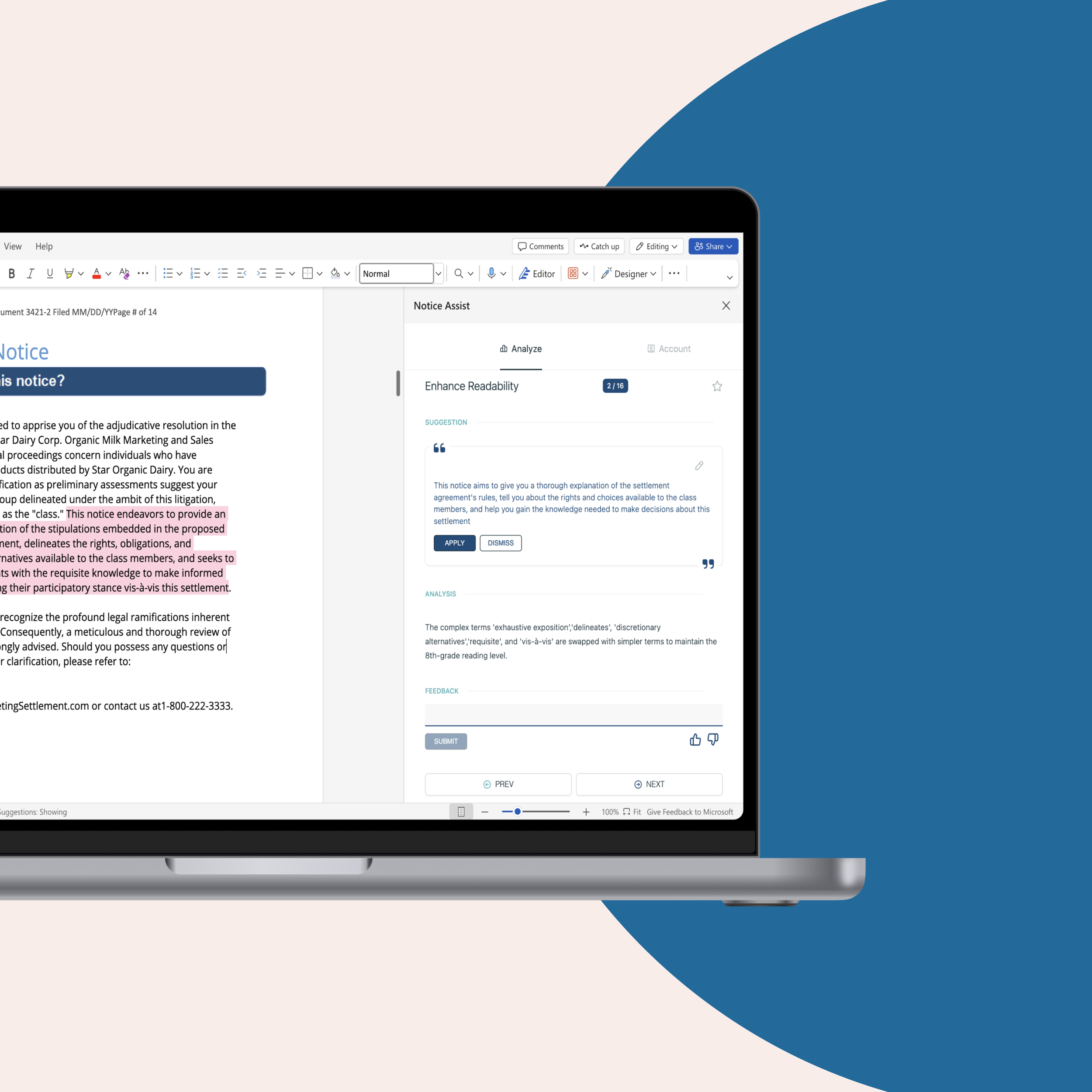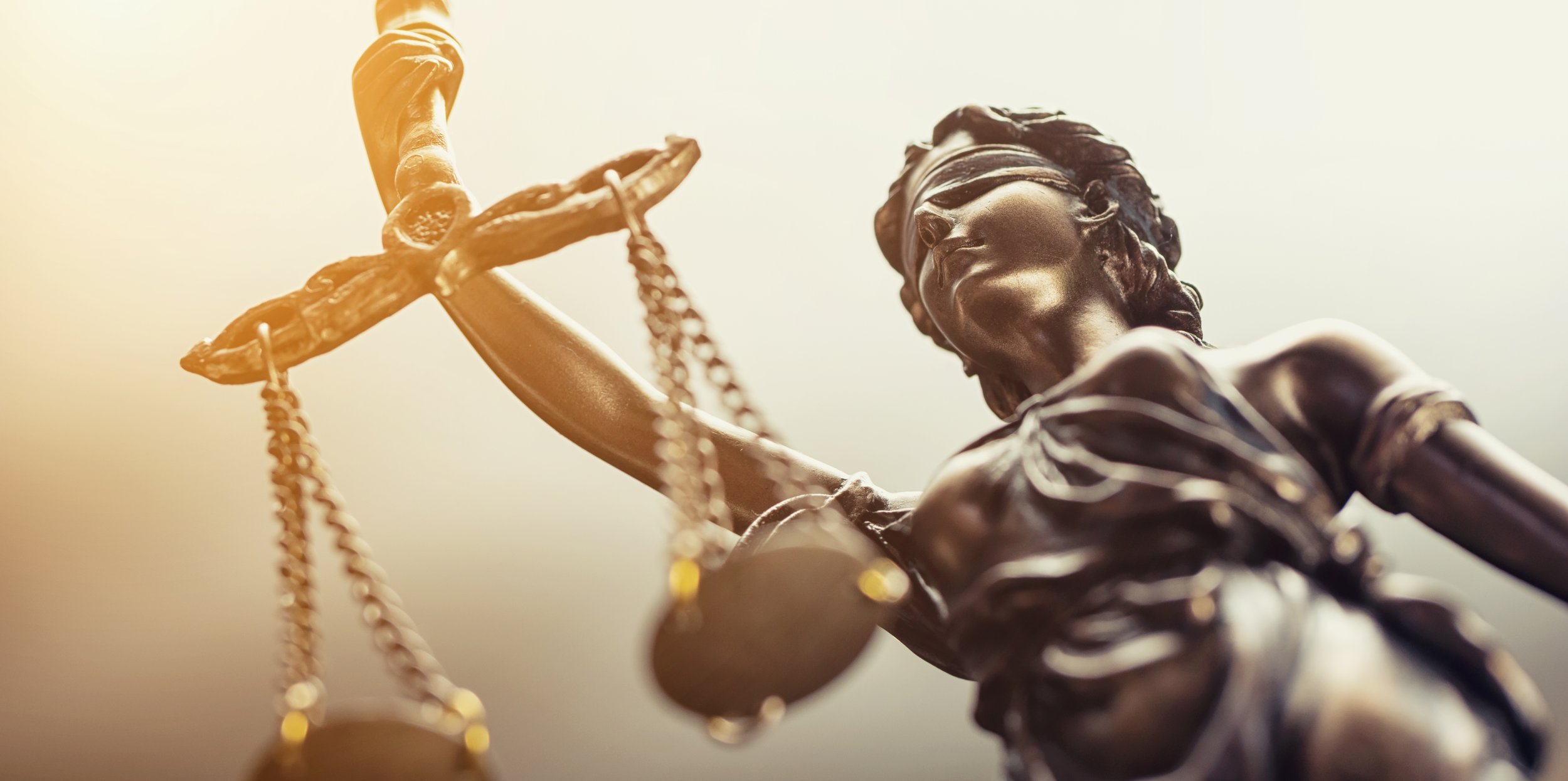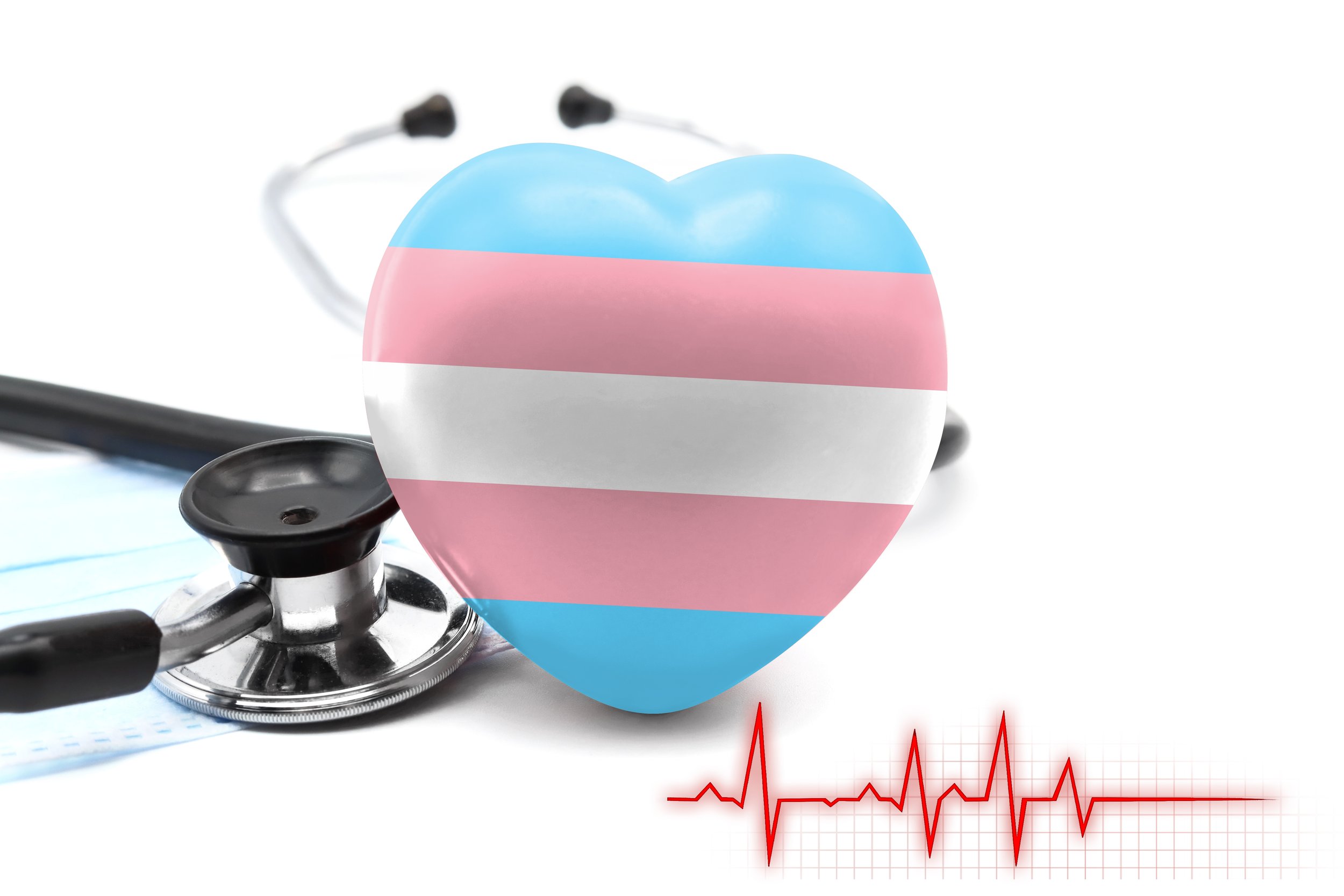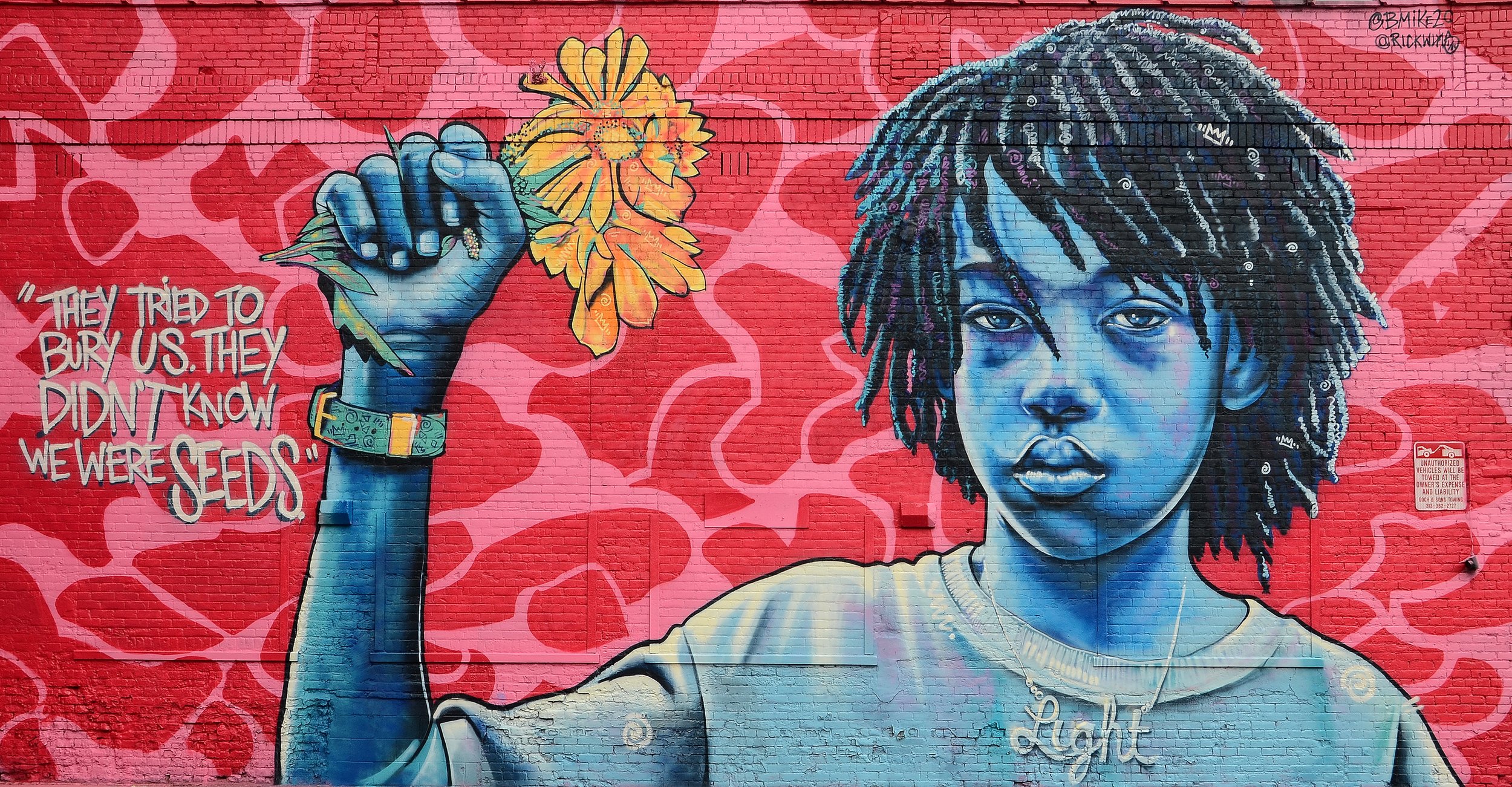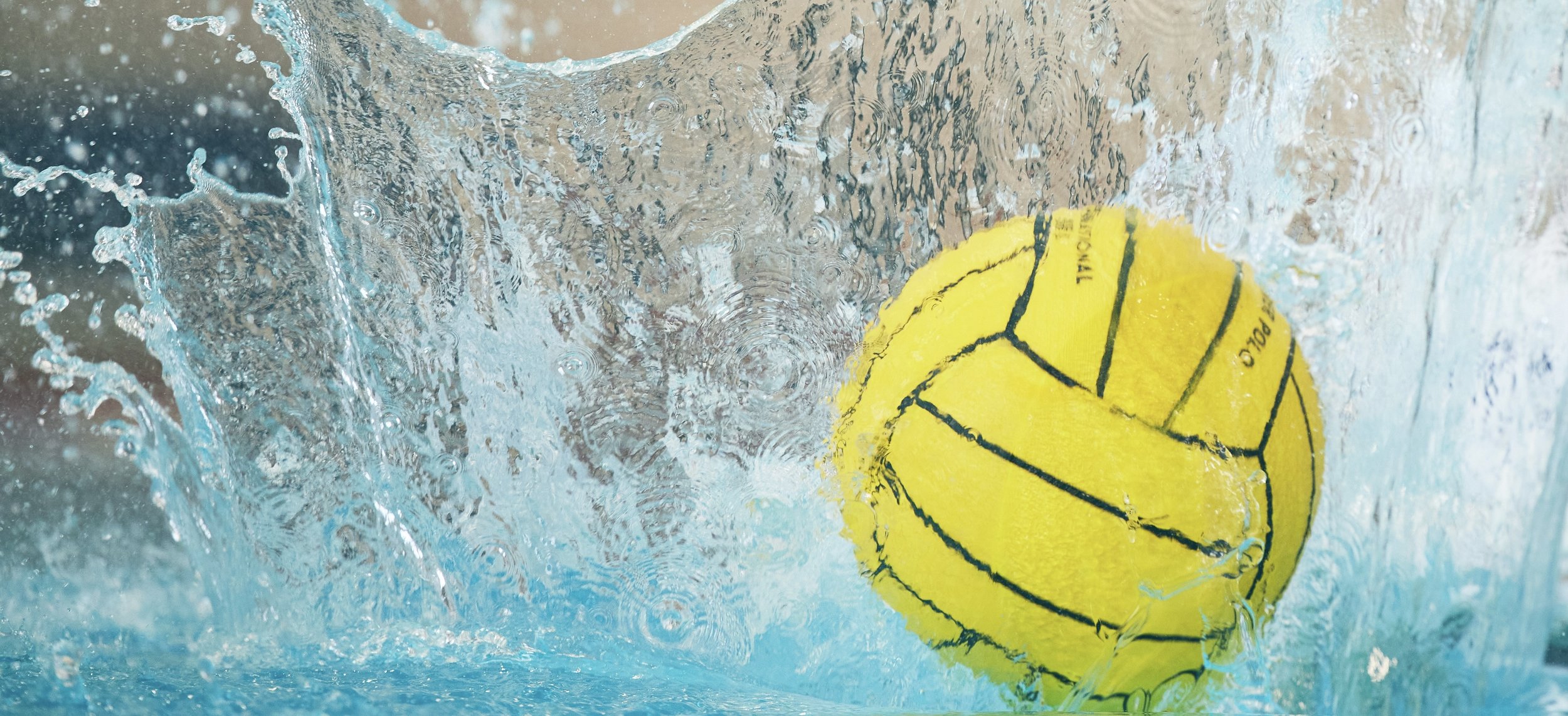An Insider's Guide To The Impact Fund Class Action Training Institute
Lynnette Miner, Litigation Fellow, The Impact Fund
Last October, shortly after I joined the Impact Fund as its Litigation Fellow, I had the opportunity to attend the Impact Fund’s Training Institute in Chicago. Having had some exposure to class action litigation during my clerkship, but no experience actually litigating a class action, I had a lot to learn and was excited to dive in and learn as much as I could over the course of the training.
One of the special aspects of the Training Institute was that I was among nineteen public interest lawyers from a variety of organizations across the country, including legal non-profit organizations, public interest law firms, solo practice, and the government. Collectively, our advocacy efforts spanned across many different areas, including employment discrimination, environmental justice, consumer rights, disability rights, economic justice, and prisoner rights. We were at varying stages of our careers—some recent law school graduates, some more-experienced attorneys with no class action experience, and some experienced attorneys with some exposure to class action litigation—joined together by a common interest to become better-equipped to use class action litigation as a tool for social justice advocacy.
Over the course of the training, we went through and learned about the full life-cycle of a class action using a mock case, from deciding whether a class action was appropriate and developing the case through seeking class certification and mediating the settlement agreement. What can take many years to work through (the class action against Costco that the Impact Fund is currently litigating was filed in 2004!), we covered in just three days. We were led by instructors Jocelyn Larkin, Robert Schug, Dara Schur, and Bryan Wood, along with several guest speakers.
We also spent a significant part of the time learning from each other. I got to hear from my fellow attendees about class actions they were preparing and real decision points and dilemmas they were facing—making the material all the more concrete and allowing us to dive deeper into the nuance of litigating a class action. The size and setup of the training allowed us to get a variety of perspectives shared with the whole group, while also allowing for many individual and small-group conversations and exercises over the course of the three days.
The biggest highlight of the Training Institute was when we were joined by Chicago firefighters Samantha Bruno (formerly Vasich) and Carla Lloyd and attorney Marni Willenson, who were part of two cases that challenged the Chicago Fire Department’s physical abilities tests for being biased against women and not correlated to job performance. It was a powerful experience to listen to their experiences going through these cases. I was struck by Samantha’s and Carla’s determination—determination to work as a firefighter and put themselves in harm’s way to protect the public; determination to fight for a fair shot at becoming a Chicago firefighter; determination to go through with their cases until the Department changed its practices despite many challenges along the way, including horrible treatment in the media and backlash from the Fire Department.
It was inspiring to hear about how they each took on the unique role of being a representative plaintiff—representing the class members’ wishes to the legal team and serving as a source of support for class members throughout the process. For example, Carla told us about how even after the new physical abilities test was implemented, she reached out to individual women to encourage them through the process of taking the test—clearly going above and beyond the “usual” responsibilities of a representative plaintiff.
It was also interesting to listen to Marni’s experience litigating the case and the balancing act that was required of maintaining a big-picture look at what the class action sought to achieve, working with representative plaintiffs, and considering the interests of individual class members. Marni’s account provided valuable food for thought on the role of lawyers in social change and the unique challenges of pursuing a form of advocacy that is prone to becoming overly lawyer-driven and disconnected from the individuals the class action purports to help.
Listening to the efforts that ultimately led to the Chicago Fire Department changing its practices was a fitting capstone to the Training Institute—to show us some of the real challenges that go into litigating a class action, and how class actions can be used to challenge unlawful practices, spur systemic change, and advance social justice.
This year, the Impact Fund Class Action Training Institute will be held on September 14-16 in Oakland, CA, and September 29 – October 1 in Los Angeles, CA. The instructors will be Executive Director Jocelyn Larkin, Director of Litigation & Training Lindsay Nako, Dara Schur of Disability Rights California, Robert Schug of Nichols Kaster (Oakland training), and Anne Richardson of Public Counsel (Los Angeles training). The Impact Fund is accepting applications until Monday, August 1, at 5pm Pacific Time. More information can be found here.




